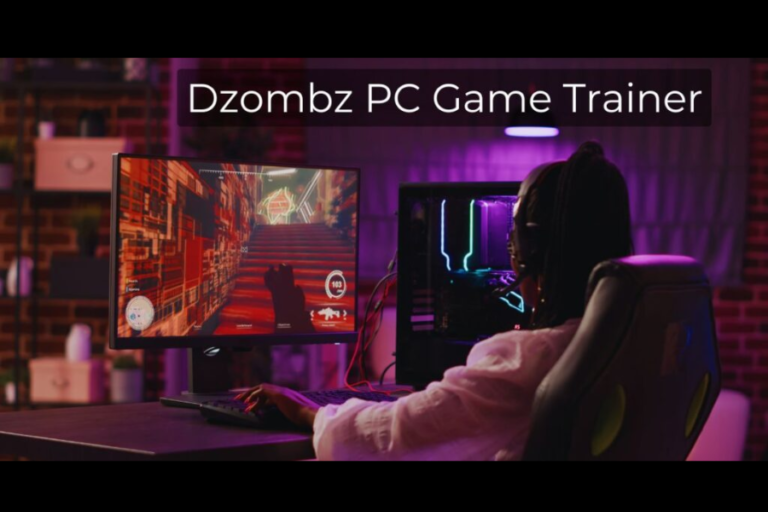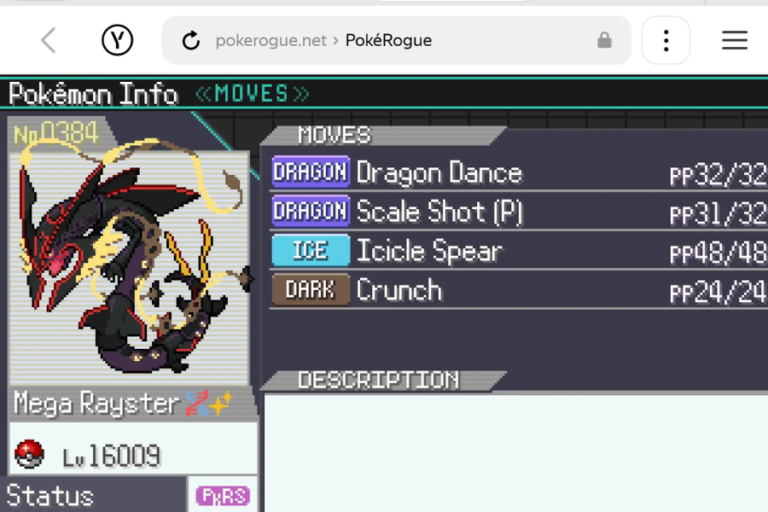From Antiquity to Modernity: The Lyric Poet’s Enduring Impact
Unraveling the Lyric Poet of Old: The Charm of Crossword Puzzles
Crossword puzzles have fascinated and engaged people for generations, offering a stimulating challenge that appeals to both casual solvers and avid enthusiasts. These puzzles, with their enticing grid of blank squares awaiting the perfect word, hold a timeless allure. One particularly intriguing clue that often appears is “The Lyric Poet of Old,” which prompts solvers to tap into their knowledge and problem-solving skills. But what is it about such clues that make them so captivating? To understand this, we’ll delve into the history of crossword puzzles, explore various types, and uncover strategies to enhance your solving skills, ultimately helping you navigate the world of crosswords like a true expert.
The Evolution of Crosswords: A Brief History
The story of crosswords began on December 21, 1913, when Arthur Wynne introduced the first known crossword puzzle in the New York World. This initial puzzle, characterized by its diamond shape, marked the start of a global sensation. As the years went by, crosswords underwent significant transformations, giving rise to various formats and styles. Notable figures in the world of crosswords, such as Will Shortz from The New York Times, have gained fame for their ingenious and often challenging puzzles, further cementing the crossword’s place in popular culture.
Exploring Different Types of Crossword Puzzles
Crossword puzzles come in a variety of formats, each offering its own unique set of challenges:
Classic Crosswords
These are the traditional crossword puzzles that most people are familiar with. They feature a straightforward grid where clues correspond to words placed both horizontally and vertically.
Themed Crosswords
These puzzles incorporate a specific theme that ties together the clues and answers, adding an extra layer of intrigue and complexity to the solving experience.
Cryptic Crosswords
Popular in the UK, cryptic crosswords present clues that are mini-puzzles in themselves. Solvers must navigate through clever wordplay and hidden meanings to uncover the correct answers.
Decoding Crossword Clues: A Guide to Understanding
In a crossword puzzle, each clue serves as a hint to help you fill in the correct word in the grid. Clues come in several varieties:
Straightforward Clues
These provide clear and direct hints that describe the answer in a straightforward manner.
Cryptic Clues
These clues are more complex, requiring creative thinking. They often involve wordplay such as puns, anagrams, and hidden meanings.
Fill-in-the-Blank Clues
These are generally simpler and involve completing a familiar phrase or expression.
Lyric Poets in Crosswords
A recurring theme in many crossword puzzles is lyric poets, celebrated for their expressive and melodic verse. These poets frequently appear in puzzles, offering a glimpse into their literary contributions and historical significance. Let’s delve into some of the lyric poets commonly featured in crosswords and explore their backgrounds.
Notable Lyric Poets in Crosswords
Pindar
A celebrated ancient Greek lyric poet, Pindar frequently appears in crossword puzzles. His work, known for its formal odes and victory hymns, makes him a common reference.
Horace
Famous for his odes, Horace is another poet who often shows up in crosswords. His influence on Latin literature ensures his continued presence in puzzle clues.
Sappho
This ancient Greek poetess is renowned for her emotive and melodic lyric poetry. Her contributions to literature make her a popular figure in crossword puzzles.
Historical Context of Lyric Poets
Grasping the historical background of these poets can greatly aid in solving crosswords. Lyric poetry, known for its expressive and musical qualities, originated in ancient Greece and Rome. Familiarity with the lives and works of poets like Pindar, Horace, and Sappho can provide useful insights and make tackling crossword clues a bit easier.
Effective Strategies for Solving Crosswords
Tackling crossword puzzles can be a fulfilling challenge. Here are some tips to enhance your solving experience:
Begin with the Easier Clues
Start by addressing the simpler clues. Solving these first can help you build momentum and fill in parts of the grid, which often makes the more difficult clues easier to tackle.
Leverage Crossword Solvers
When you encounter a particularly tough clue, online tools and databases like crossword-solver.io can be incredibly helpful. These resources can assist you in finding the right answers when you’re feeling stuck.
Advice for Beginners
- Be Patient and Persistent: Don’t get discouraged if you hit a wall. Patience and persistence are key.
- Recognize Common Patterns: Familiarize yourself with common crossword answers and patterns, which can help you solve clues more efficiently.
- Practice Regularly: The more you practice, the better you’ll become. Regular solving can sharpen your skills and improve your crossword-solving abilities.
Top Sources for Crossword Puzzles and Solving Tools
Reputable Crossword Sources
Several well-known publications are famous for their high-quality crossword puzzles:
New York Times Crosswords
Known for their challenging and thought-provoking puzzles, the New York Times is a favorite among crossword enthusiasts.
LA Times Crosswords
The LA Times offers a range of engaging and diverse puzzles, making it a significant player in the crossword puzzle world.
Other Major Publications
Publications such as The Guardian, The Washington Post, and USA Today also feature excellent crossword puzzles that cater to various skill levels.
Crossword-Solver Tools
In today’s digital world, numerous tools can help you tackle crossword puzzles:
Online Databases
Websites like crossword-solver.io offer extensive databases of clues and answers, making it easier to find solutions.
Mobile Apps
Apps such as Crossword Solver and WordWeb provide convenient options for solving puzzles on the go.
Optimizing Search for Clues
To find answers quickly, use specific search terms like “lyric poet of old crossword clue.” This approach can direct you to relevant solutions more efficiently.
Case Study: The ‘Lyric Poet of Old’ Clue
For example, the clue “lyric poet of old” often refers to poets like Pindar or Horace. Understanding the context of these clues and common answers can simplify solving this type of puzzle.
Analyzing Common Clues
Clues that mention a “lyric poet of old” usually involve ancient poets renowned for their lyrical and expressive works. Familiarity with these poets can provide valuable hints for solving the puzzle.
Understanding Crossword Solutions and Feedback
Breaking Down Common Solutions
Names like “Pindar,” “Horace,” and “Sappho” frequently appear in crossword puzzles. Getting familiar with these notable figures can make it easier to tackle similar clues in future puzzles.
The Role of Feedback in Puzzle Creation
Feedback from solvers plays a vital role in crossword puzzle development. It helps puzzle constructors make improvements and ensures a more enjoyable solving experience.
The Value of User Feedback
Constructors use feedback to gauge whether clues are too difficult or too simple. This input is crucial for adjusting the difficulty and overall quality of future puzzles.
How Feedback Enhances Puzzles
Constructive feedback enables puzzle makers to create puzzles that are both engaging and fair. This ongoing refinement process leads to a better and more satisfying solving experience.
The Science Behind Crosswords
Crossword puzzles are more than just a fun pastime; they also offer a rich field for study. Researchers explore aspects such as puzzle construction, solving techniques, and solver behavior to gain insights into the complexities of crossword puzzles.
Insights into Crossword Construction and Cognitive Benefits
Statistics and Data in Crossword Puzzles
Analyzing data on clue difficulty, solving times, and solver success rates helps constructors create well-balanced and engaging puzzles. This information is crucial for fine-tuning the challenge level and ensuring a satisfying solving experience.
How Crosswords are Designed
Creating a crossword puzzle involves both creative flair and technical expertise. Constructors must ensure that the grid is not only solvable but also engaging and enjoyable for solvers.
The Cognitive Benefits of Solving Crosswords
Engaging with crossword puzzles offers more than just entertainment; it provides notable cognitive benefits.
Enhancing Cognitive Functions
Research has demonstrated that solving puzzles can boost memory, improve problem-solving skills, and enhance overall brain function.
Research on Cognitive Health
Studies suggest that regular puzzle-solving activities may help delay cognitive decline and lower the risk of dementia, highlighting the mental health benefits of this stimulating pastime.
The Vibrant World of the Crossword Community
Connecting with Fellow Crossword Enthusiasts
The crossword community is dynamic and inviting, providing various avenues for interaction and connection among puzzle lovers.
Online Forums and Communities
Platforms like Reddit and the Crossword Puzzle Collaboration Directory offer spaces where solvers can discuss puzzles, exchange tips, and build connections with others who share their passion for crosswords.
Annual Crossword Competitions
Events such as the American Crossword Puzzle Tournament attract enthusiasts from around the globe, creating a celebration of crossword puzzles and a chance for solvers to compete and connect in person.
Summary:
This article explores the world of crossword puzzles, focusing on the popular clue “lyric poet of old.” It delves into the history of crosswords, starting with their inception in 1913, and highlights various puzzle types, including classic, themed, and cryptic crosswords. The piece offers a guide to understanding different clue formats, such as straightforward, cryptic, and fill-in-the-blank clues. It discusses notable lyric poets frequently featured in crosswords, including Pindar, Horace, and Sappho, and emphasizes the importance of historical context for solving these clues. The article also provides practical strategies for solving crosswords, such as starting with easier clues and using online solvers. Additionally, it covers popular crossword sources and tools, the impact of feedback on puzzle creation, and the cognitive benefits of solving crosswords. Finally, it highlights the vibrant crossword community, with online forums and annual competitions that connect enthusiasts globally.
Dive into expert insights and detailed reporting only at aoomaal.org.







